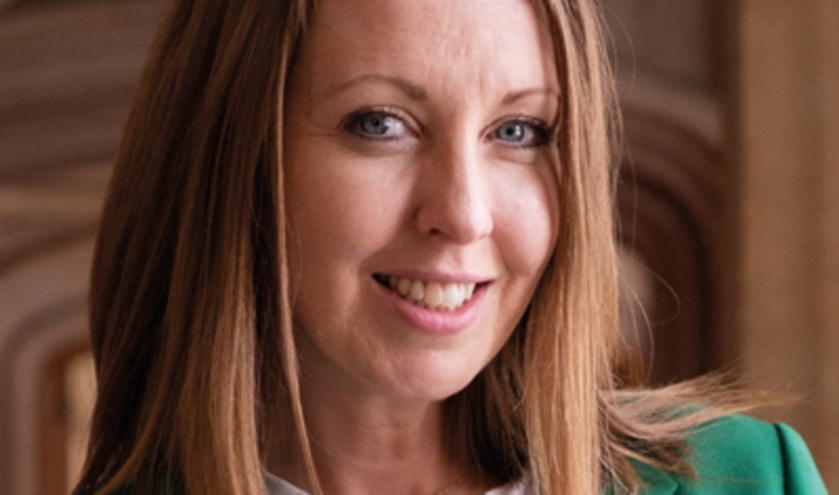Of all the threats facing Western democracies, cynicism is arguably the biggest.
The social contract which underpins citizens' expectations of contribution and a system that works is fraying – repeatedly tested by phenomena not envisaged when modern state structures were established: ageing populations, widening inequality, mass migration, pandemics. Emergent populist forces latch onto this disconnect and foment it. Established actors double down on legacy methods, even as they stop working.
But while we might have to dig deeper to find it, hope for the future exists. Glimmers of renewal shine across the country, offering a route towards to a new settlement between citizen and state. Pioneering councils like Camden and Westmorland & Furness are demonstrating how community power can be hardwired into decision-making to normalise open, meaningful and ongoing influence from people locally over what matters to them.
Communities from Grimsby to Hastings are taking on direct control and ownership, backed by the local state adopting a more enabling, less directive stance. Asset-based practices like the liberated method and local area coordination show the value of ‘working with' not ‘doing to' communities – breaking free from the technocratic ‘head' of remote bureaucracy and putting the ‘heart' into public service.
It's often observed that England is uniquely centralised in comparison to our international peers. As devolution legislation passes through Parliament, we need to lean into our late-mover advantage – as new strategic and unitary governing institutions are designed, they need to be future-proofed for decades to come.
Learn from the best elsewhere and raise it further. Start at the grassroots with community priorities and hardwire new ways of working to respond – prevention, participation and place-based collaboration.
Hope might feel daunting, but pessimism is exhausting. The opportunity to build anew is there if we reach for it.
Jessica Studdert is chief executive of New Local



